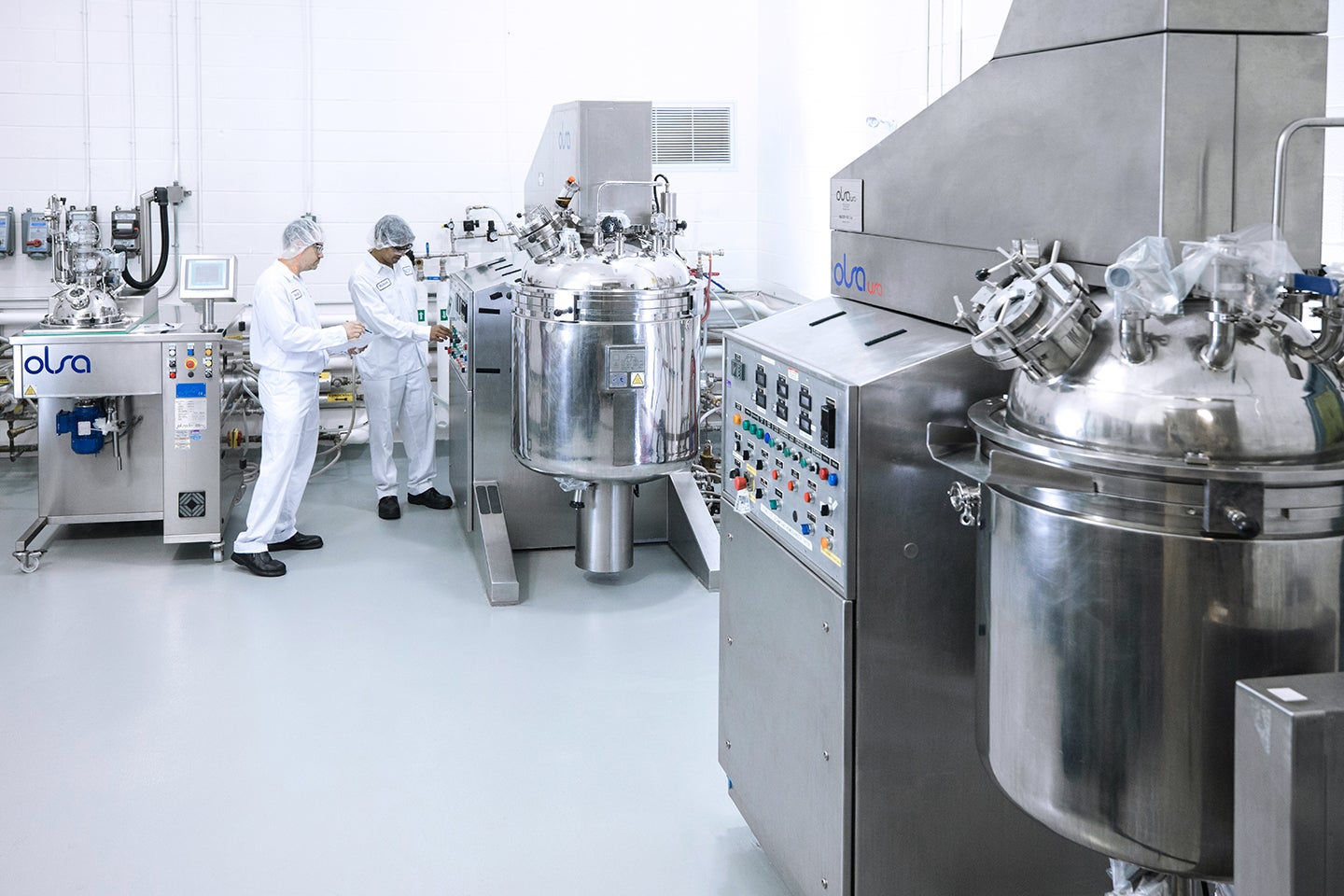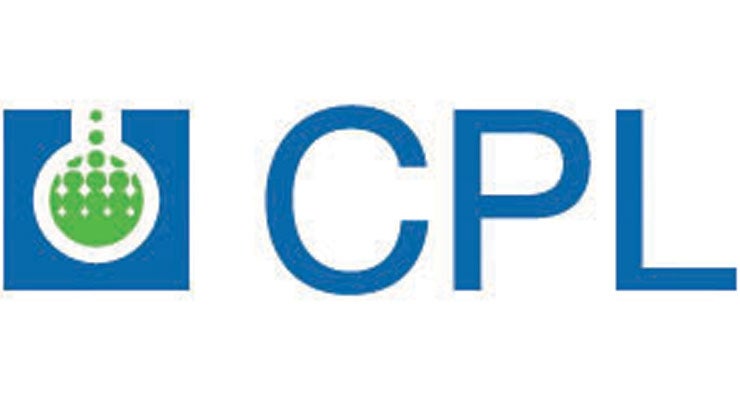
Growing pressure in the pharmaceutical industry for quicker delivery times for products to reach market, while at the same time reducing costs, is leading an increasing number of companies to outsource a range of product activities to third parties, from development through to commercialisation. And with an array of available partners specialising in each of the different stages, the choice of who to contract with can be complex and time-consuming.
A burdensome selection process isn’t the only complication with this multi-partner approach, either. “If you undertake a development project and you use one firm for early-stage development, another that can do the scale-up, and another that will provide the commercial manufacturing, the translation of information between those different organisations and the time it takes to move from one stage to the next are extended tremendously,” explains Ken Paige, CEO of Contract Pharmaceuticals Limited (CPL), a contract manufacturing and development organisation (CDMO) for non-sterile liquid and semi-solid pharmaceutical products.
To avoid this, companies seeking the most cost-effective and time-efficient services are more often turning to full-service contract manufacturing development organisations (CDMOs) that can take care of the complete process. According to Paige, CPL started witnessing this trend in the mid-2000s. Back then, the company had been focused on manufacturing and packaging customers’ FDA- or Health Canada-approved commercial products, but did not focus on products under clinical development.
As its customer base grew, more clients were asking CPL for help with new product formulations or to manufacture batches for clinical studies, causing the company to rethink its position solely as a contract manufacturing organisation. With the requests continuing to increase, CPL recruited an industry leader to build a product development team in 2010, and the company’s capabilities soon expanded.
“For the past decade, we have been a full-service CDMO, which means that we can do end-to-end support of our customers’ needs,” reveals Paige. “If a customer comes to us with a commercial product, we bring the product in-house and provide reliable manufacturing and product delivery. And if somebody comes to us with a new API to address a certain indication, we help them do that by way of the formulation, lab-scale batches, right through to scaling up, regulatory support and all the filings to commercial launch. It’s all that, and everything in between – we provide a complete end-to-end suite of support and an entry point of every potential customer.”
Reducing costs and time to market
There are many reasons why a pharmaceutical company would choose to partner with a full-service CDMO like CPL. Closely linked cost and time savings are an obvious place to start. By not using a one-stop-shop, says Paige, you significantly extend the timeline of a product development process. And, of course, costs go up as a direct result.
“Not all companies, equipment and processes are the same from one stage to another,” he explains. “If you break up the product development process among three different service providers, the chances that something might become a problem along the way increase significantly. The technical handoffs from one company to the next also takes time and is fraught with a lot of technical issues and questions. And then, if you have several different organisations involved in the process, it’s all well and good one of them came up with a particular formula or process, but it might not be practical for you to manufacture. It might give you new challenges to overcome, thereby increasing costs.
“You can avoid all that,” he continues, “if the people that undertake the project right from the beginning understand the impact of their decisions in the product development cycle, including what is or isn’t possible and what’s cost-effective.”
The equipment alone can be a big issue. Development companies are likely to have limited manufacturing and packaging equipment, for example. When the time comes to scale the product up from the lab to clinical or pre-commercial stage, what worked in the lab may no longer work at the new site, or may need significant changes, creating problems with regulatory filing. Meanwhile, CPL is able to begin with the end in mind, saving its customers risky investments in expensive equipment at the clinical stage.
A strategic partner
It’s clear that using a one-stop shop like CPL reduces the risks, cost and time constraints of a full-scale project. And by the very nature of replacing multiple partners with just one, simplicity is automatically achieved. Large supplier/partner networks require great effort to manage, true even for larger pharmaceutical companies. But having a CDMO like CPL, which focuses on specific dosage forms, creates the opportunity for a deeper strategic relationship where the customer has a ‘go to’ partner for those formulations.
And why has CPL been the ‘go to’ one-stop shop in the non-sterile liquid and semi-solid dosage form for 15 of the world’s top 20 pharmaceutical companies? When asked, Paige jokingly refers to the 1980s computing proverb that “nobody ever got fired for buying IBM”. He explains: “The notion was, if you go with the people that know what they’re doing, who are clearly expert at their craft, then you take as much of the risk out of the process as you can. To a certain extent, I think people now look at CPL and say these folks are expert at what they do, they’ve been doing it for a long time, they’re staffed with people that are experts in formulation, development, analytical development, processes and so on. It’s about de-risking and having people feel they’re making a good decision.”


